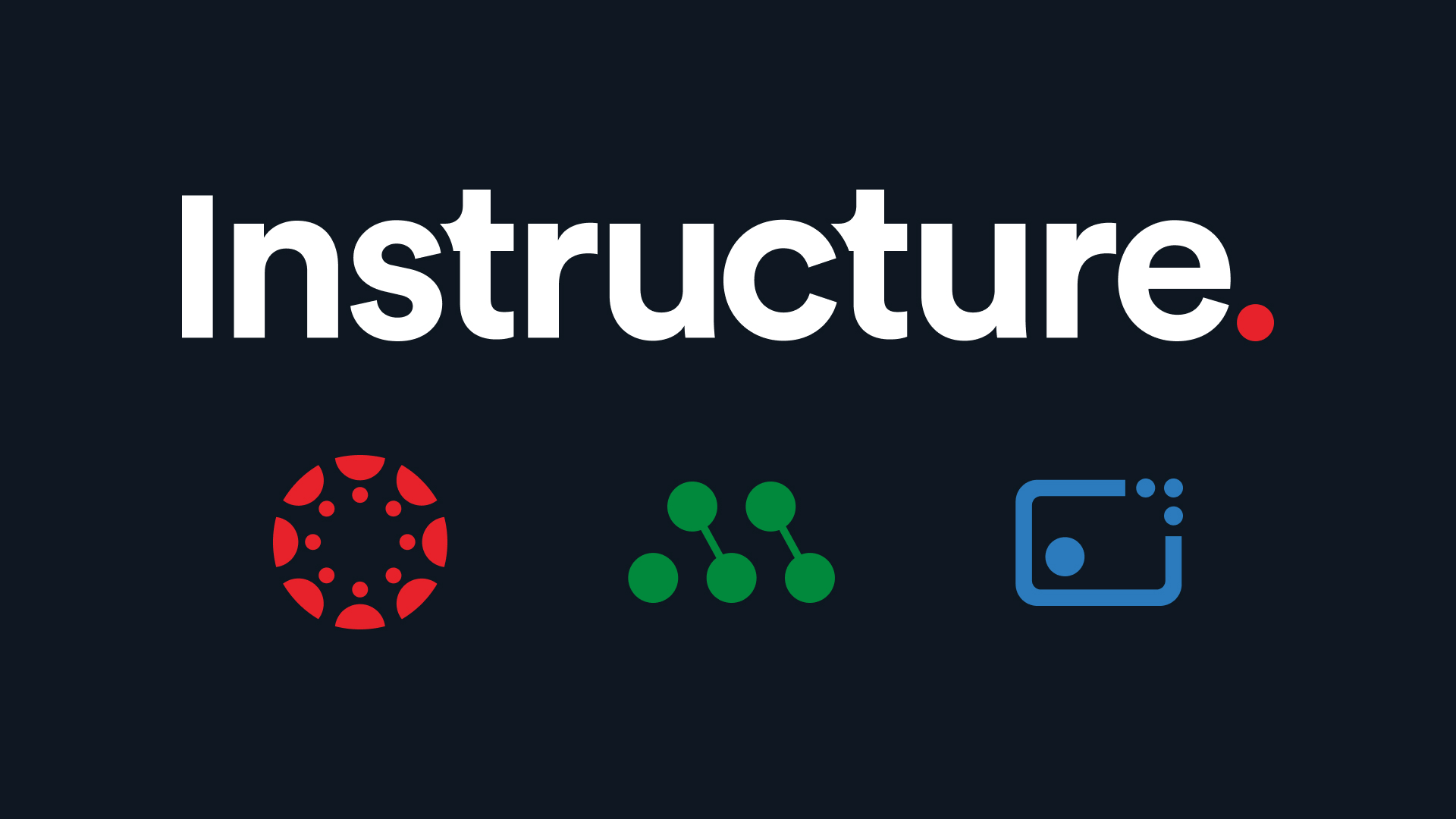How many new skills have you had to pick up over the last few years to keep pace with the rapid changes in your industry? If you're like most professionals, the answer is likely "too many to count." In today's dynamic world, the knowledge and capabilities that made you successful in the past become outdated virtually overnight.
According to a global employee survey, most respondents believed learning is a key to career success, with 76% of Gen Z agreeing. Gen Z comprises 30% of the global population and is projected to make up 27% of the workforce by 2025. With the world changing at a breathtaking pace, organizations can't afford to fall behind when reskilling their workforce.
The reality is this accelerating pace of change impacts every industry and role. To stay competitive, organizations must embrace lifelong learning - continuously reskilling and upskilling their workforce to adapt to new challenges and opportunities. But fostering a true culture of lifelong learning is no easy feat. Here are some strategies organizations can employ to promote a culture of lifelong learning:
- Lead by Example: Change starts at the top. If leaders aren't demonstrating a commitment to their own ongoing learning and development, employees will unlikely be motivated to do the same. Encourage leaders to share what they're learning, discuss the books and courses they're engaging with, and be transparent about the new skills they're working to develop.
- Create Dedicated Learning Time: In the hustle of daily work, it's all too easy for learning to fall by the wayside. Combat this by creating formalized learning times during the workweek through "lunch and learn" sessions, weekly reading groups, or monthly in-house training seminars. By explicitly blocking off time for learning, you reinforce its importance.
- Provide Learning Resources: Equip your employees with the tools to drive their learning journeys. Provide access to online course libraries, educational subscriptions, and curated collections of books, articles, and other learning materials. Making high-quality resources readily available lowers the barrier to entry for self-directed learning.
- Incentivize Learning: What gets rewarded gets repeated. Incentivizing learning behaviors can be a powerful motivator. Strategies like allocating annual learning budgets for employees to invest in courses or conferences or linking parts of performance reviews and compensation to demonstrated learning outcomes can be effective. Get creative with incentives that align with your organization's values and culture.
- Leverage Social Learning: Learning doesn't have to be an isolated endeavor. Facilitate opportunities for social learning, where teammates can share insights, best practices, and lessons learned with one another. Channels for this include communities of practice, knowledge-sharing sessions, cross-training programs, or even internal mentorship initiatives. Learning socially reinforces key concepts while fostering deeper collaboration.
- Support Learning Pathways: Not all learning journeys look the same. Work with employees to map out personalized learning pathways that align with their goals and interests and the organization's strategic needs. Provide guidance, tools, and check-in points to help keep them on track. Tailoring the experience makes learning feel more relevant and valued.
- Celebrate Learning Wins: Recognition is a key motivator for continued learning and growth. Make a habit of spotlighting and celebrating employees' learning achievements – whether completing a course, obtaining a certification, or implementing a new process inspired by their learning. Public recognition provides a sense of accomplishment while inspiring others.
From Strategy to Action: Building with Canvas for Business
Creating a culture of lifelong learning isn’t just about having the right mindset—it’s about having the infrastructure to back it up. The strategies above can help spark change, but to embed learning into the everyday fabric of your organization, you need systems that make it easy, engaging, and scalable. That’s where Canvas comes in.
Canvas supports the strategies in this blog—from enabling learning pathways and social learning to tracking outcomes and celebrating achievements—all in one intuitive platform. Whether you're offering self-paced upskilling, live training, or blended development programs, Canvas provides the flexibility to meet learners where they are and the data to prove impact. With Canvas, your learning culture doesn’t just live in your values; it shows up in the tools your teams use every day.
Learn more about Canvas for business and government teams and how we help organizations turn continuous learning into lasting advantage.




